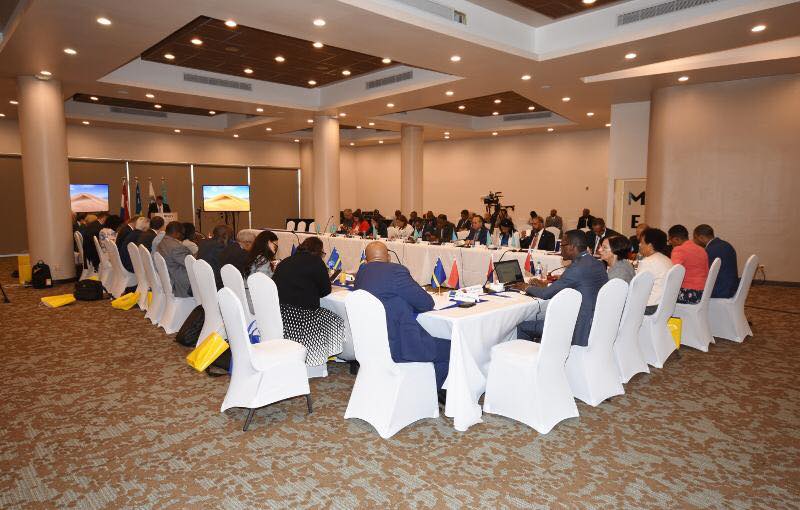When Parliaments speak ….

By Hilbert Haar
When parliaments speak, governments have to listen. Those iconic words came from Jeroen Recourt, leader of the Dutch delegation after a meeting of the Inter-Parliamentary Kingdom Consultation (Ipko) in 2015.
Recourt thought that establishing a dispute regulation was only a matter of months after the four Ipko-delegations had reached an agreement. The dispute regulator would have to be an independent body, its rulings had to be binding and countries could only submit legal disputes to the regulator.
That Recourt was overly optimistic at the time is clear by now. Years went by without a dispute regulation. And now State Secretary Raymond Knops has submitted a draft law to the Dutch parliament that makes clear that the government does not listen at all to its own parliament.
How is that again? Knops’ draft stipulates that the Council of State will deal with disputes between countries in the Kingdom, that they can only be of a legal nature and that rulings are not binding.
And yeah, the Kingdom Council of Minister can shove a ruling by the Council of State aside based on solid arguments. In political history it has rarely happened that the Dutch government ignored a Council of State advice. But those matters always had something to do with the situation in the Netherlands – never with issues concerning the Caribbean part of the kingdom.
Let’s face it – and with all due respect – the Council of State is hardly an independent body. It is populated with former politicians who still have their affiliations with their own political nests.
The preference of the Caribbean countries remains – for good reasons – to make the Supreme Court the dispute regulator. Based on Knops’ draft law – the Dutch government has nixed that idea.
Why? Because it wants to stay in control over matters that have to do with its former colonies.
Trust me, if this draft becomes law and the Council of State rules on an issue in a way that favors St. Maarten, Curacao or Aruba, the Kingdom Council of Ministers will find arguments to shove that ruling aside.
The dispute regulation should be an instrument to put the four countries in the Kingdom on equal footing, But the Dutch government does not want to let that happen.
The Caribbean countries have one escape hatch: the Dutch parliament. That esteemed body supported in the past a motion by PvdA-MP Roelof van Laar. That motion says that dispute-rulings must be binding. In other words: they should not give the Dutch-dominated Kingdom Council of Ministers any leeway.
The composition of the Dutch parliament has dramatically changed since the Van Laar motion and the question is now whether the current Dutch legislators will pay it any heed.
What happens if the Dutch parliament short-changes St. Maarten, Curacao and Aruba with a skewed dispute regulation? It is tempting to throw out the cliché “all hell is going to break loose.”
I think such a decision will inspire local politicians to pay serious attention to an issue they have managed to evade for years. In the words of National Alliance MP William Marlin: “to start the discussion about an independent nation.”
It is as tricky an issue as the dispute regulation, because the road to independence has to go through a referendum. While I have always maintained that a people is entitled to determine its own destiny – and that includes the people of St. Maarten – I have also expressed my doubts on various occasions about the likelihood that such a referendum will return a majority vote in favor of independence.
The main stumbling block – in my opinion – is the fragmented composition of St. Maarten’s population. Indigenous St. Maarteners are a minority in their own country and other groups may well have a vested interest in hanging on to their Dutch passports.
This does not mean that our decision makers should shy away from taking action: a well-organized referendum will tell us exactly where we are in this respect.
Why wait?
###
Related articles:
Fight for fair dispute regulation continues

























